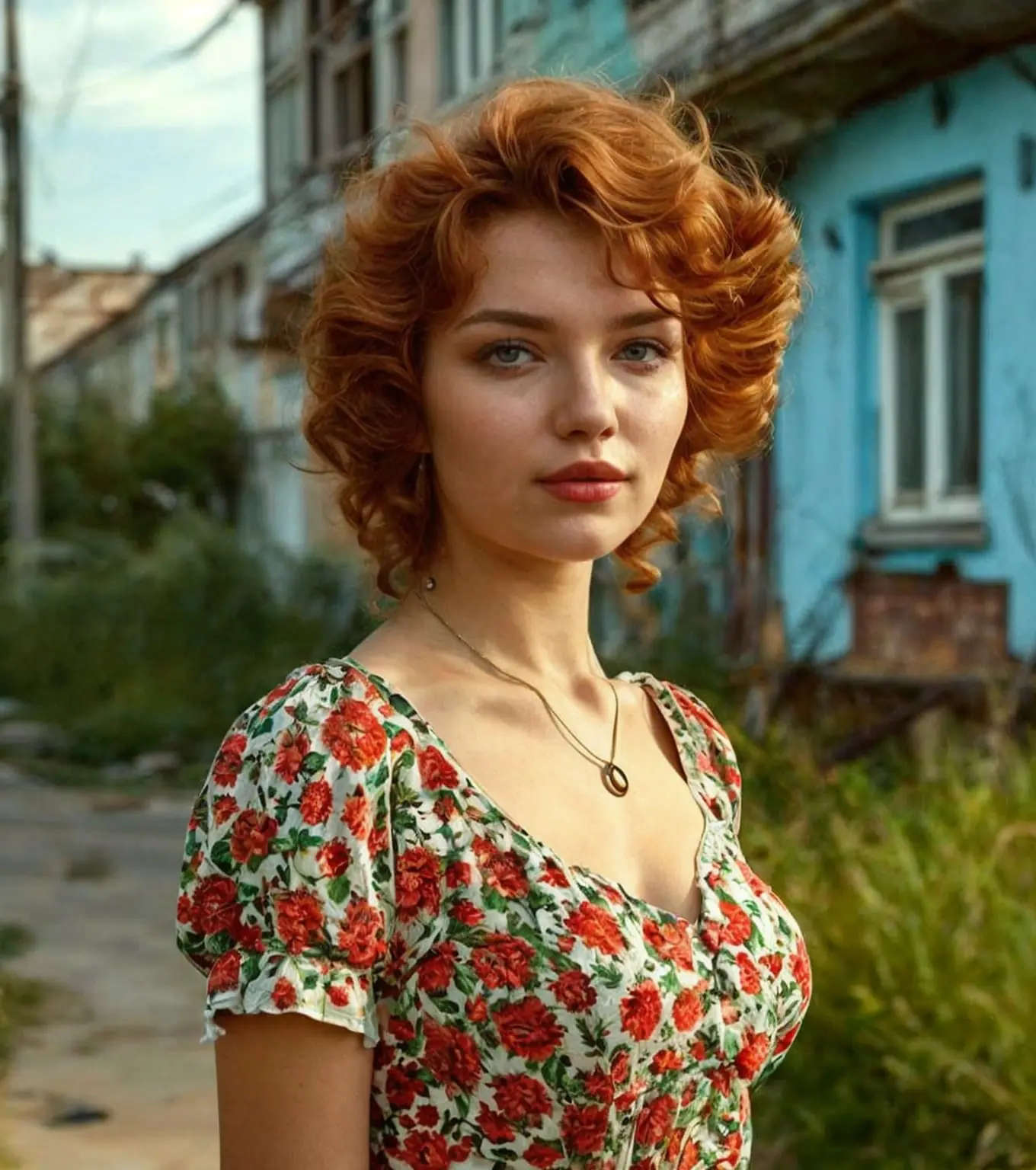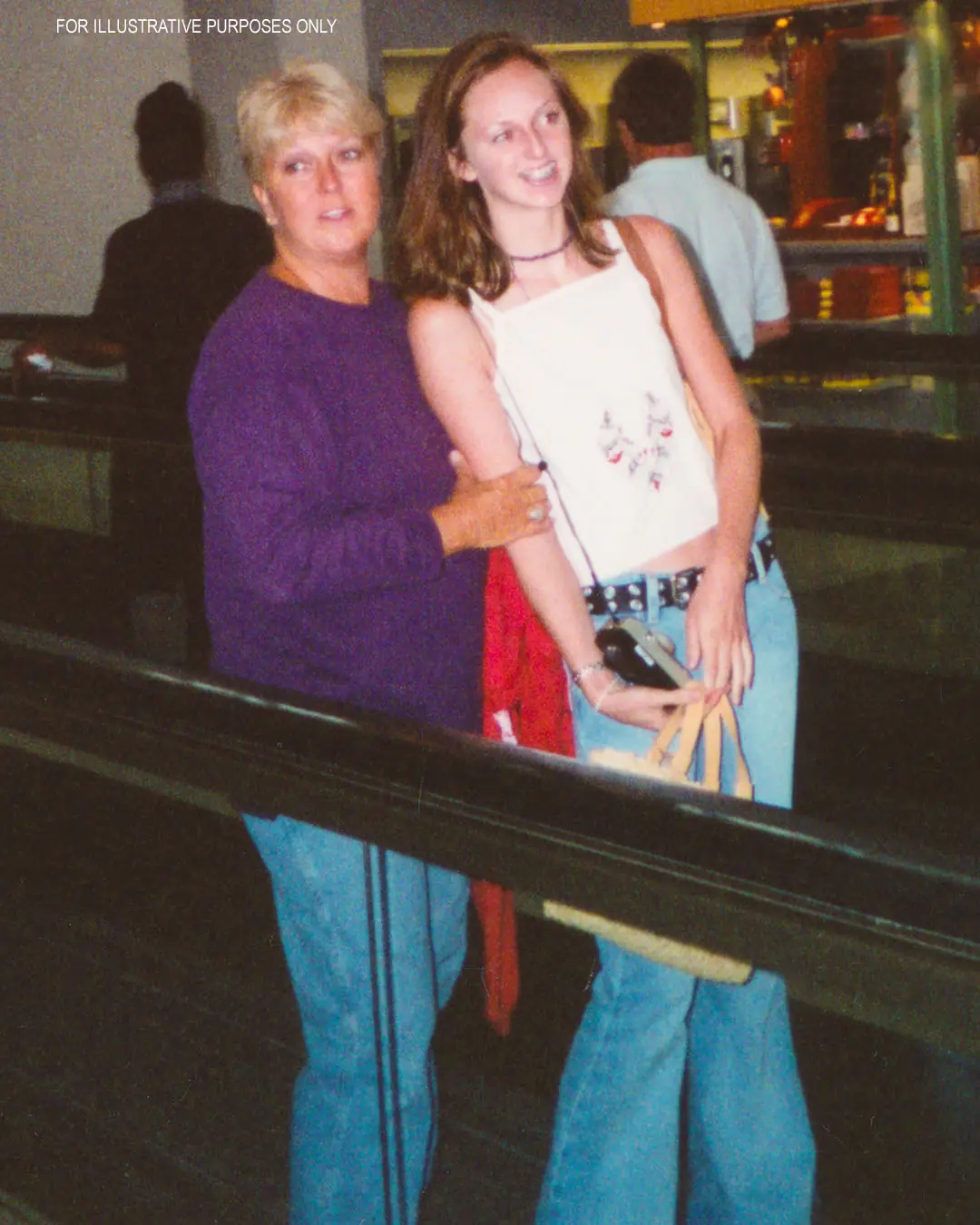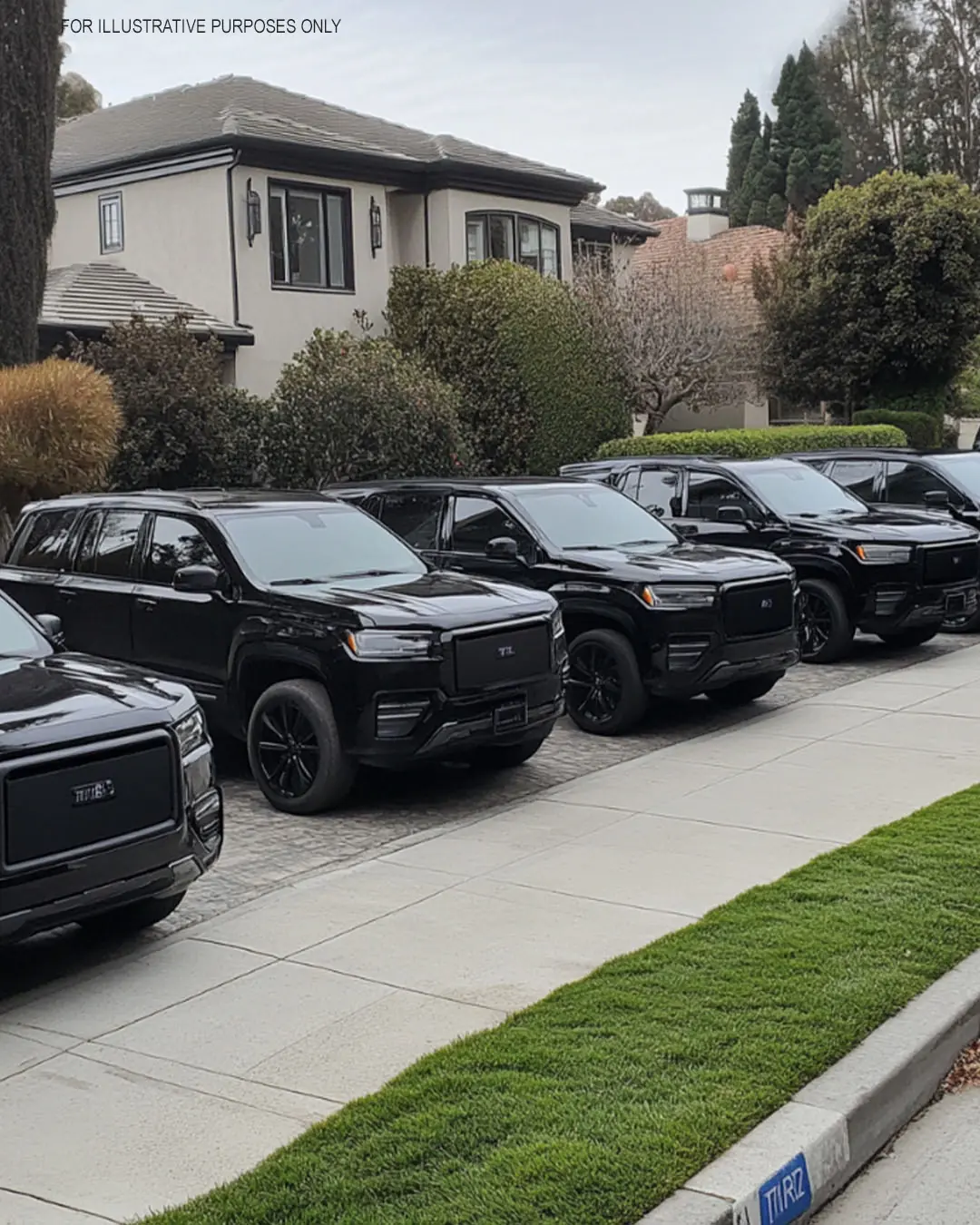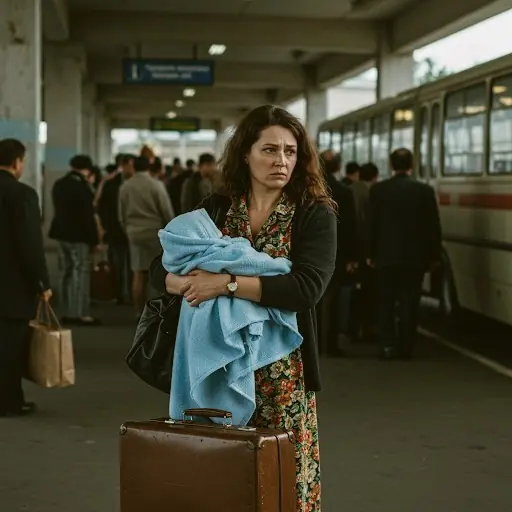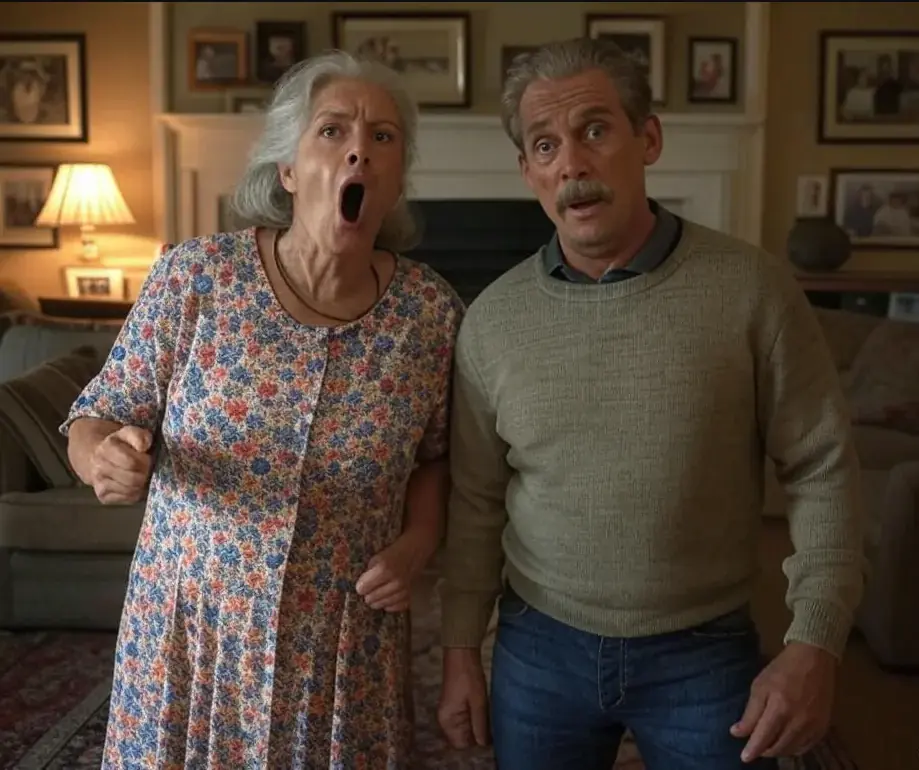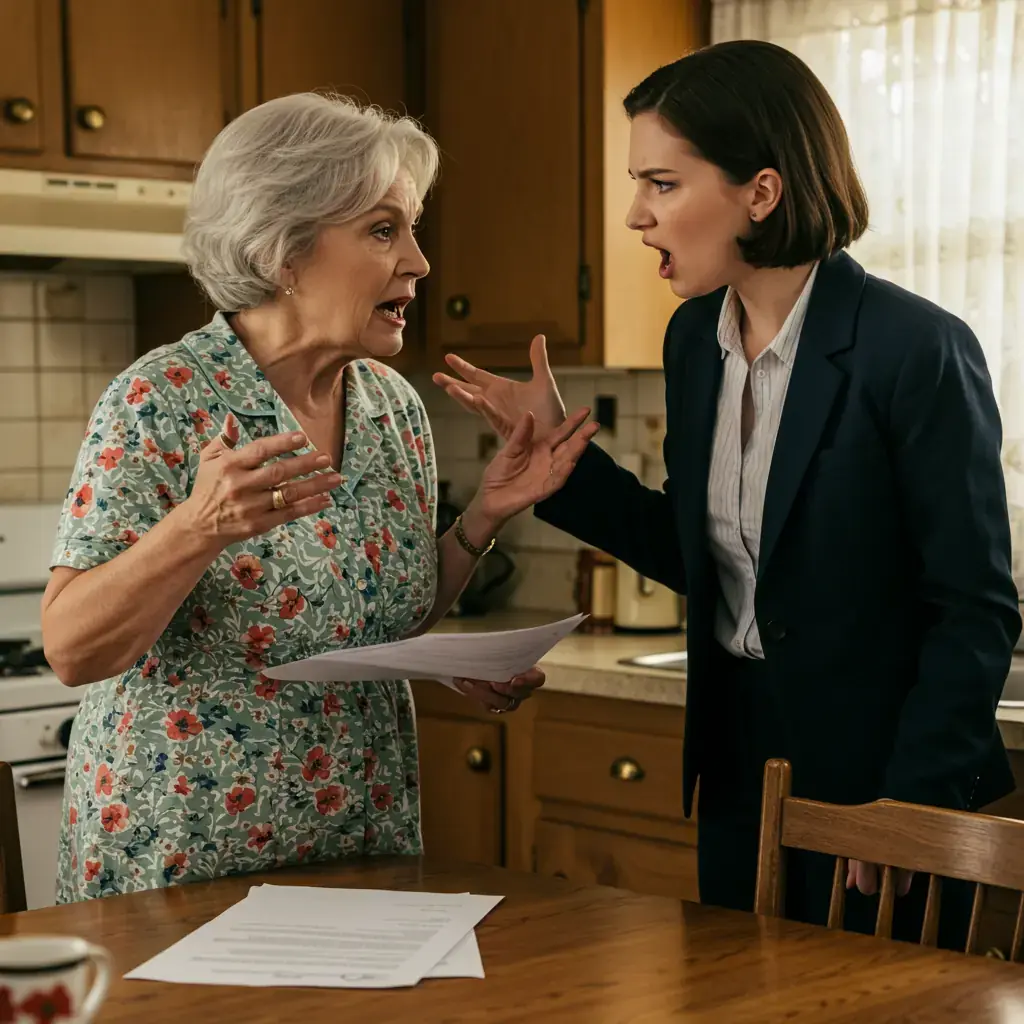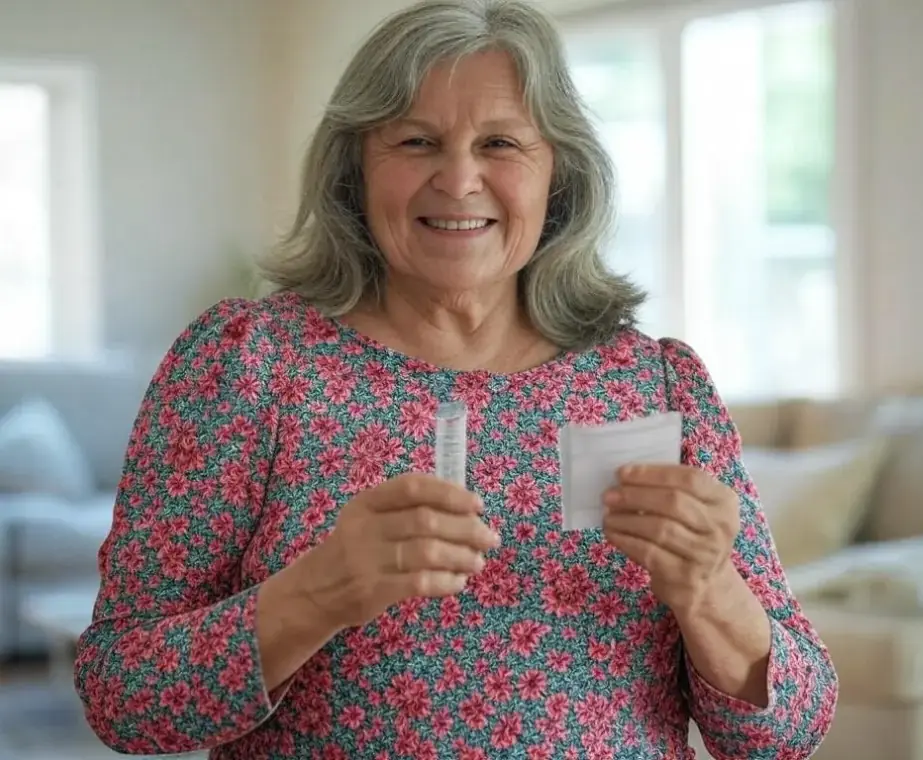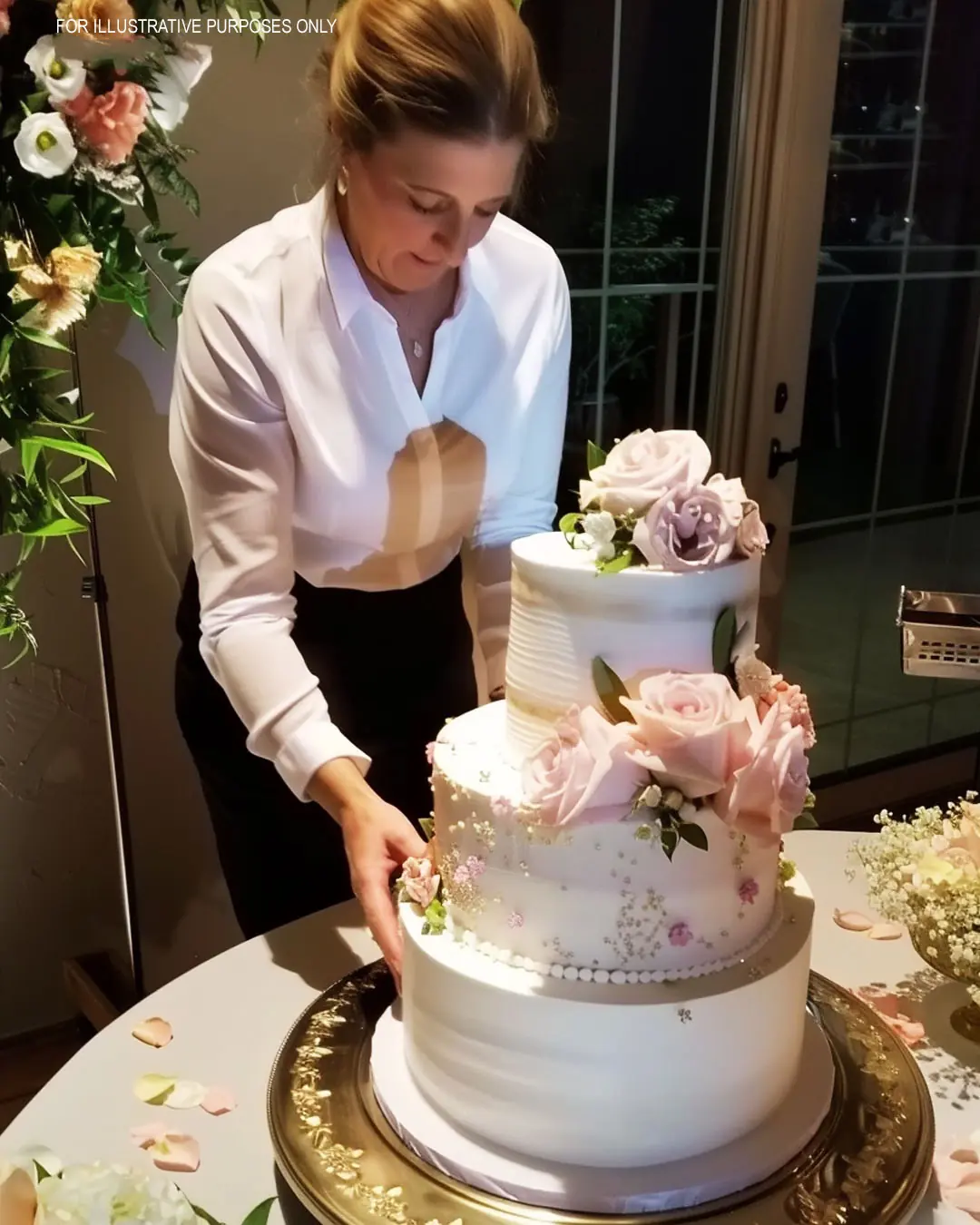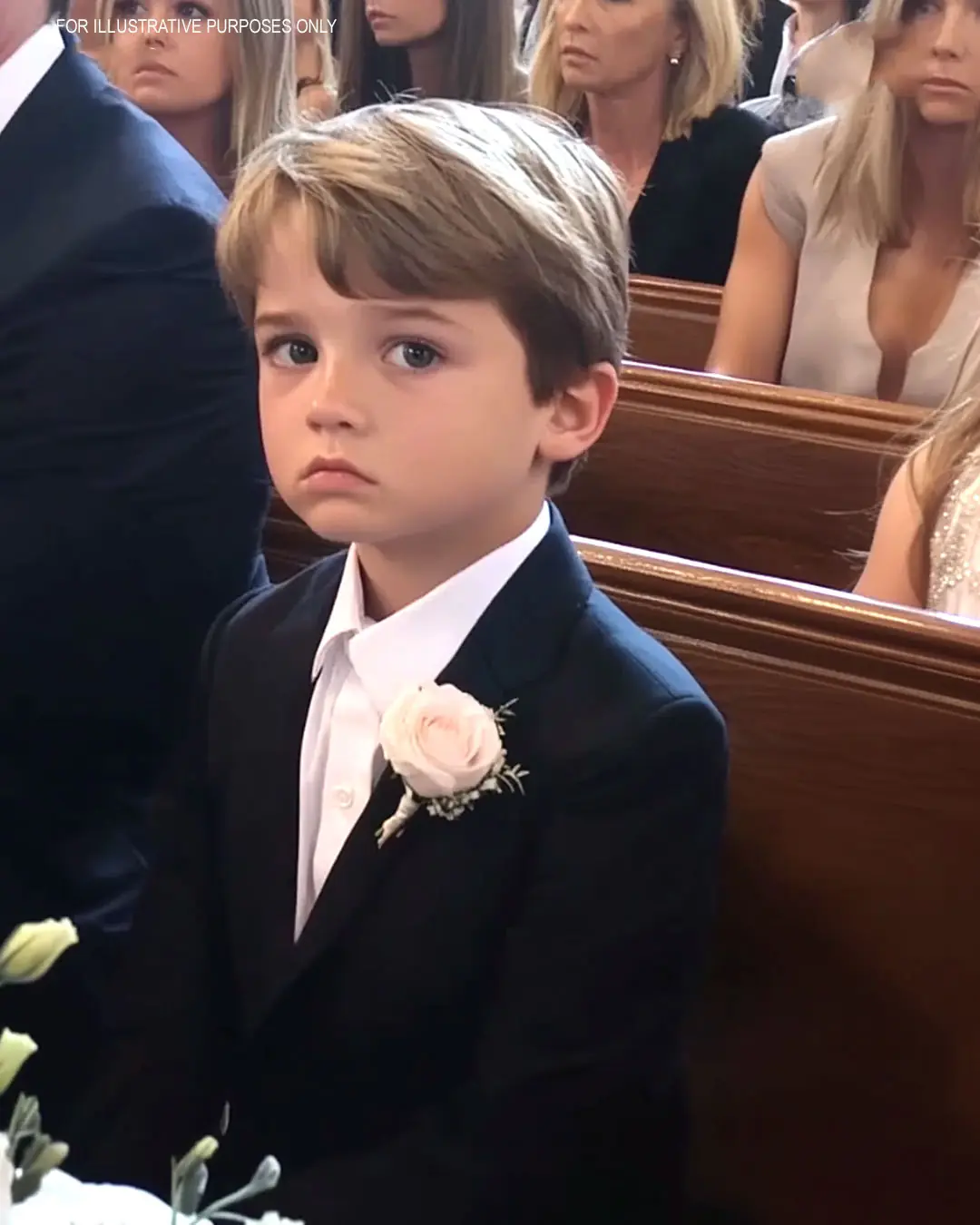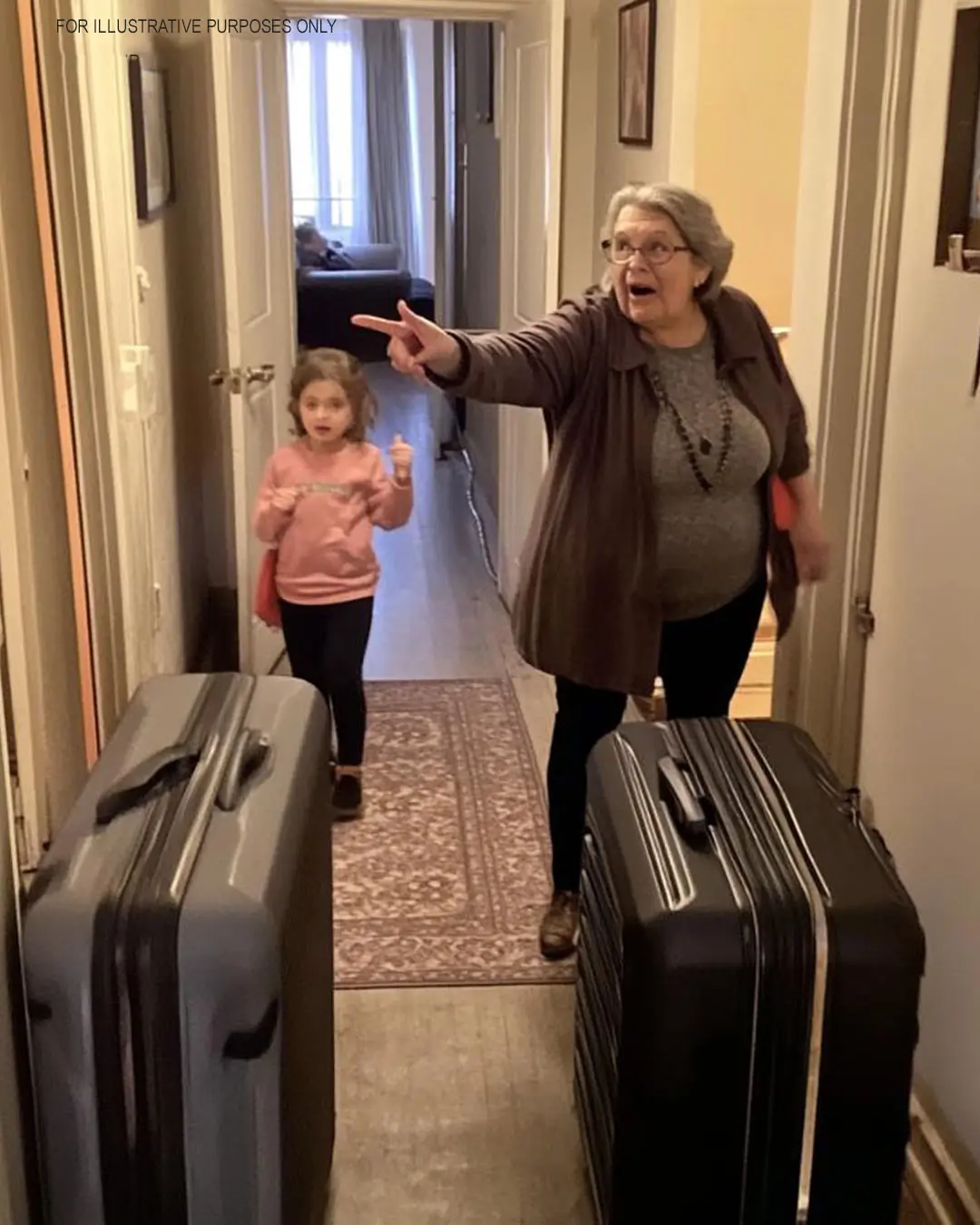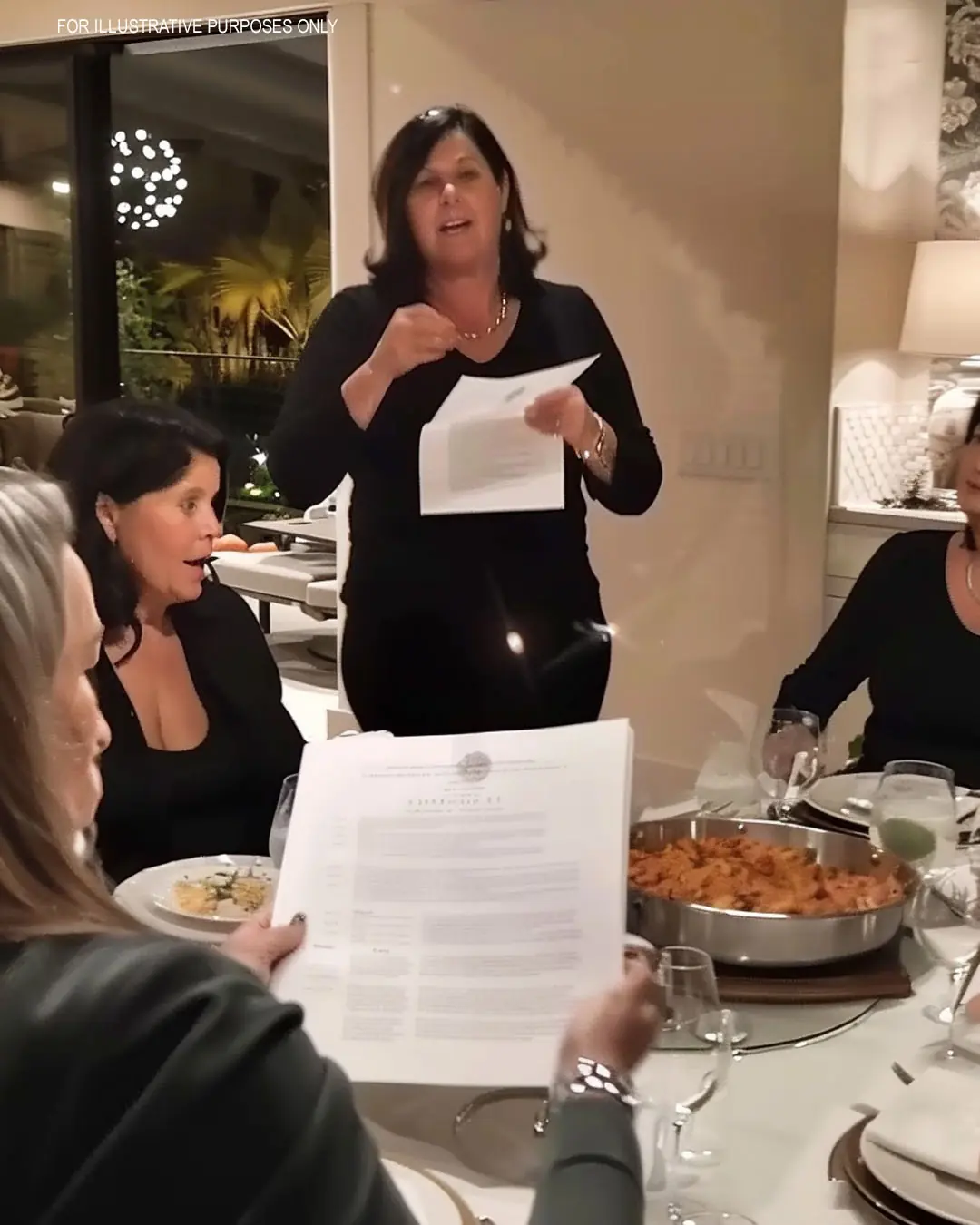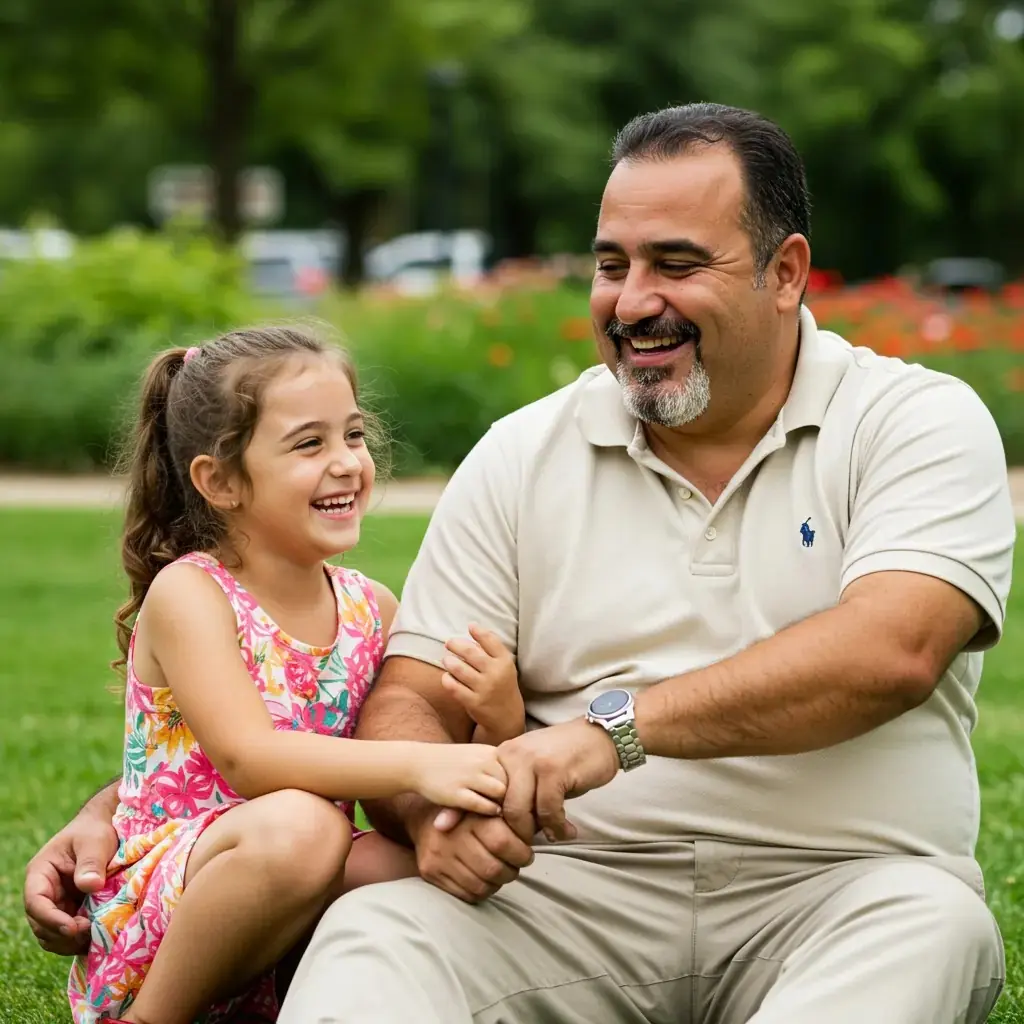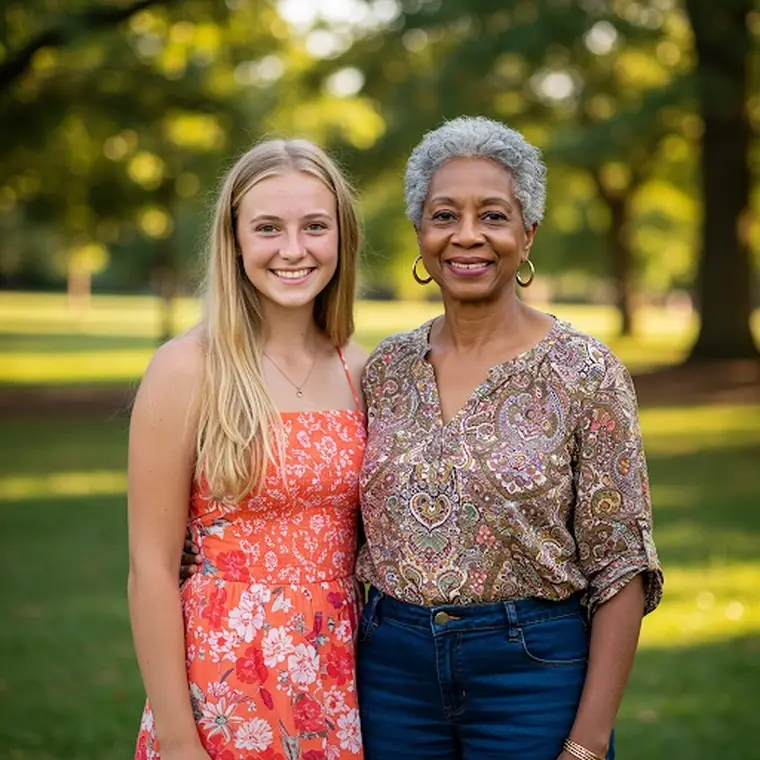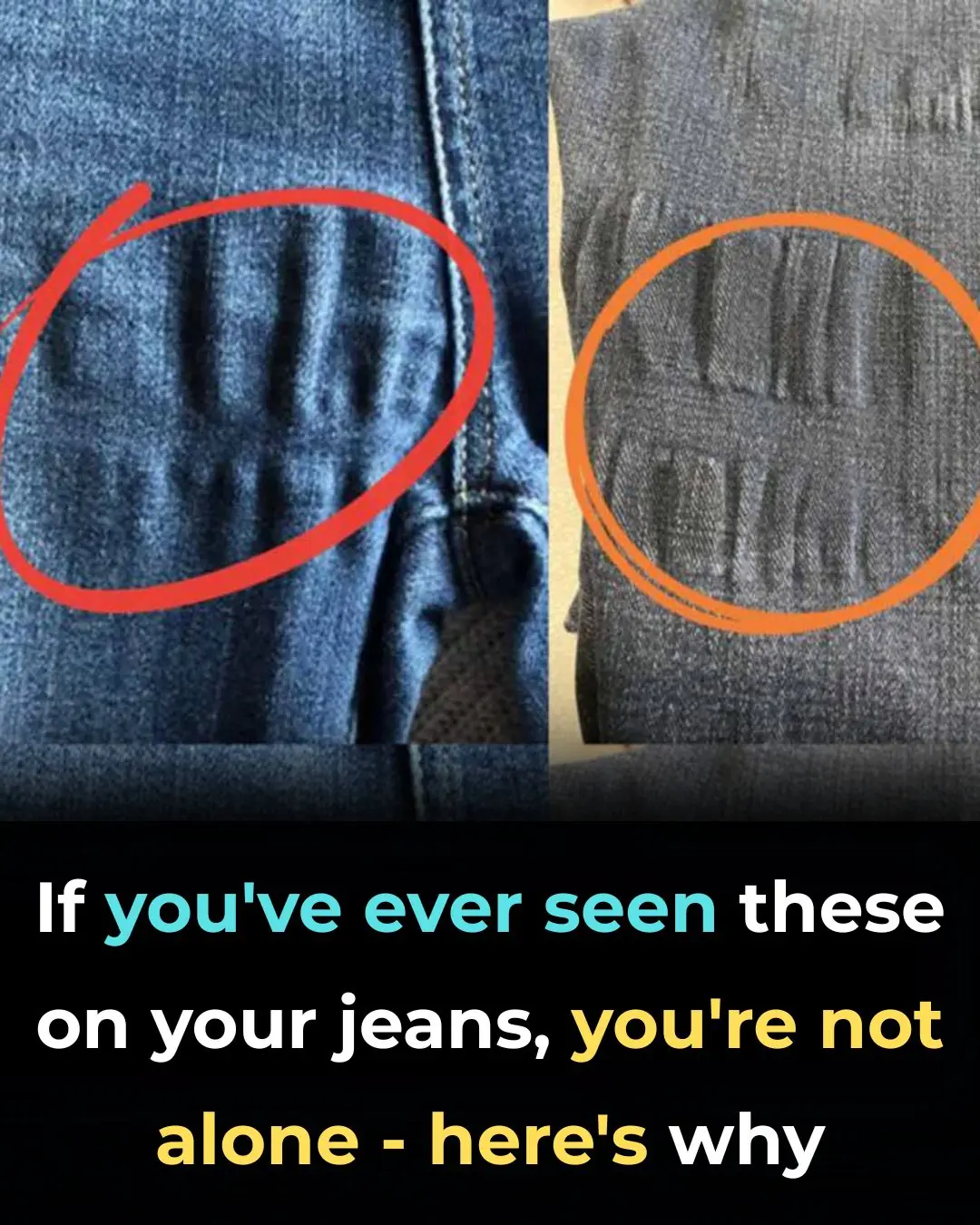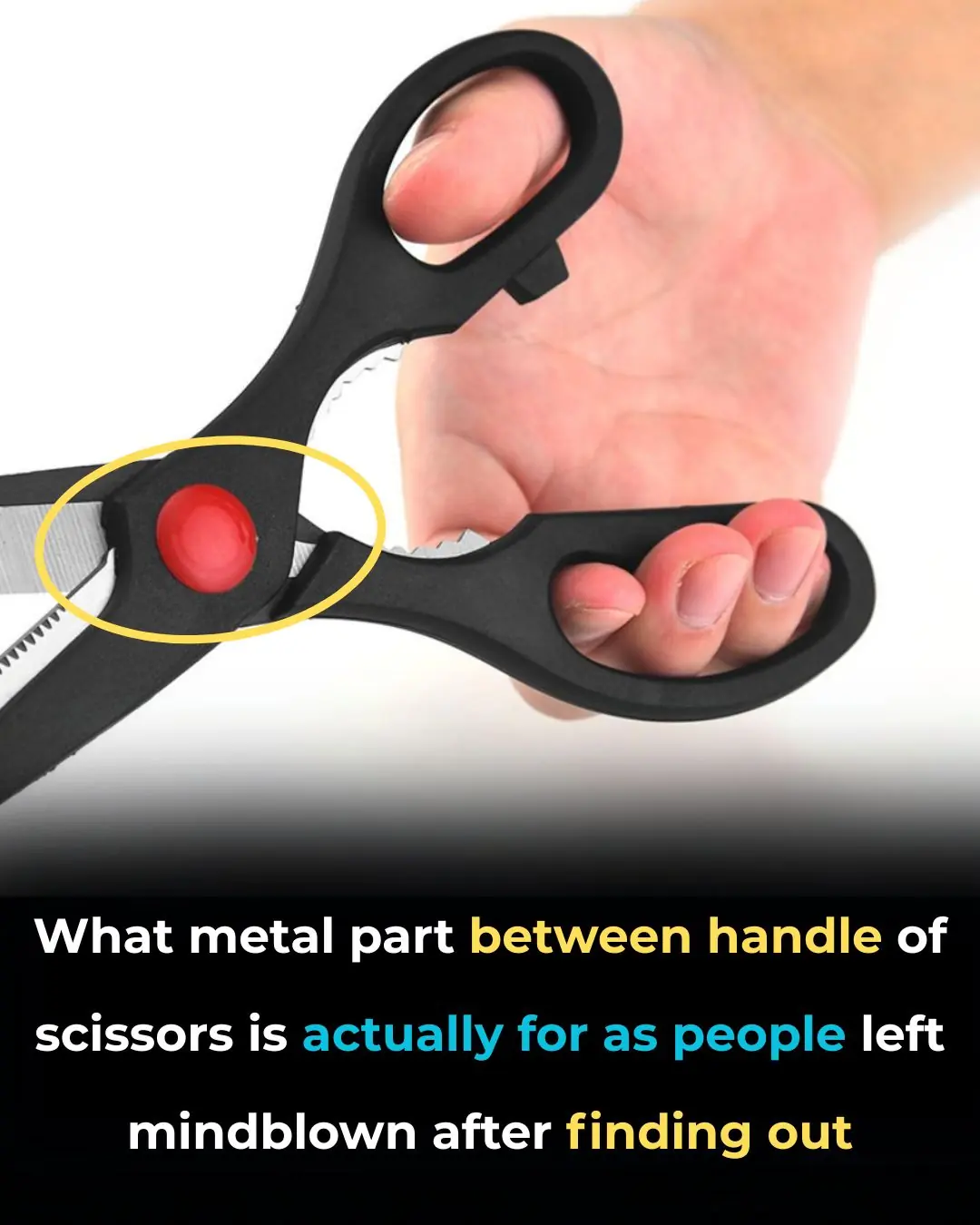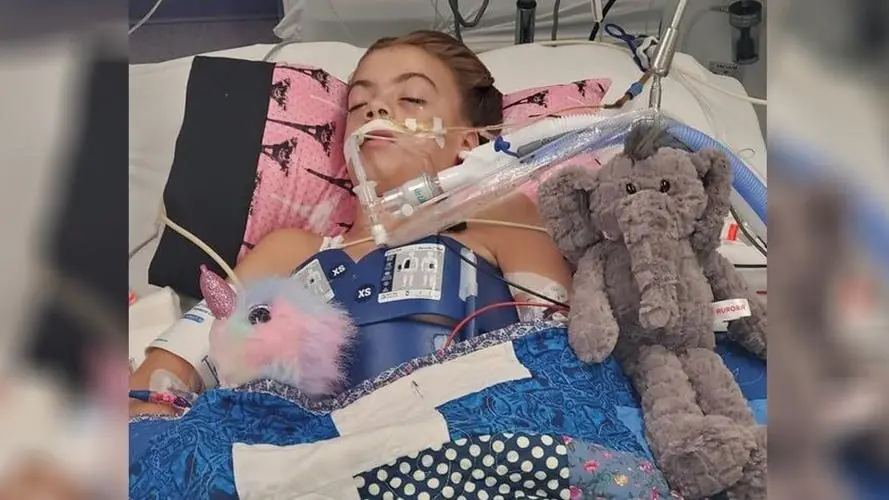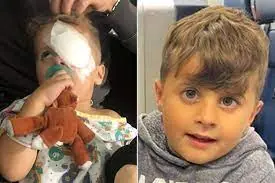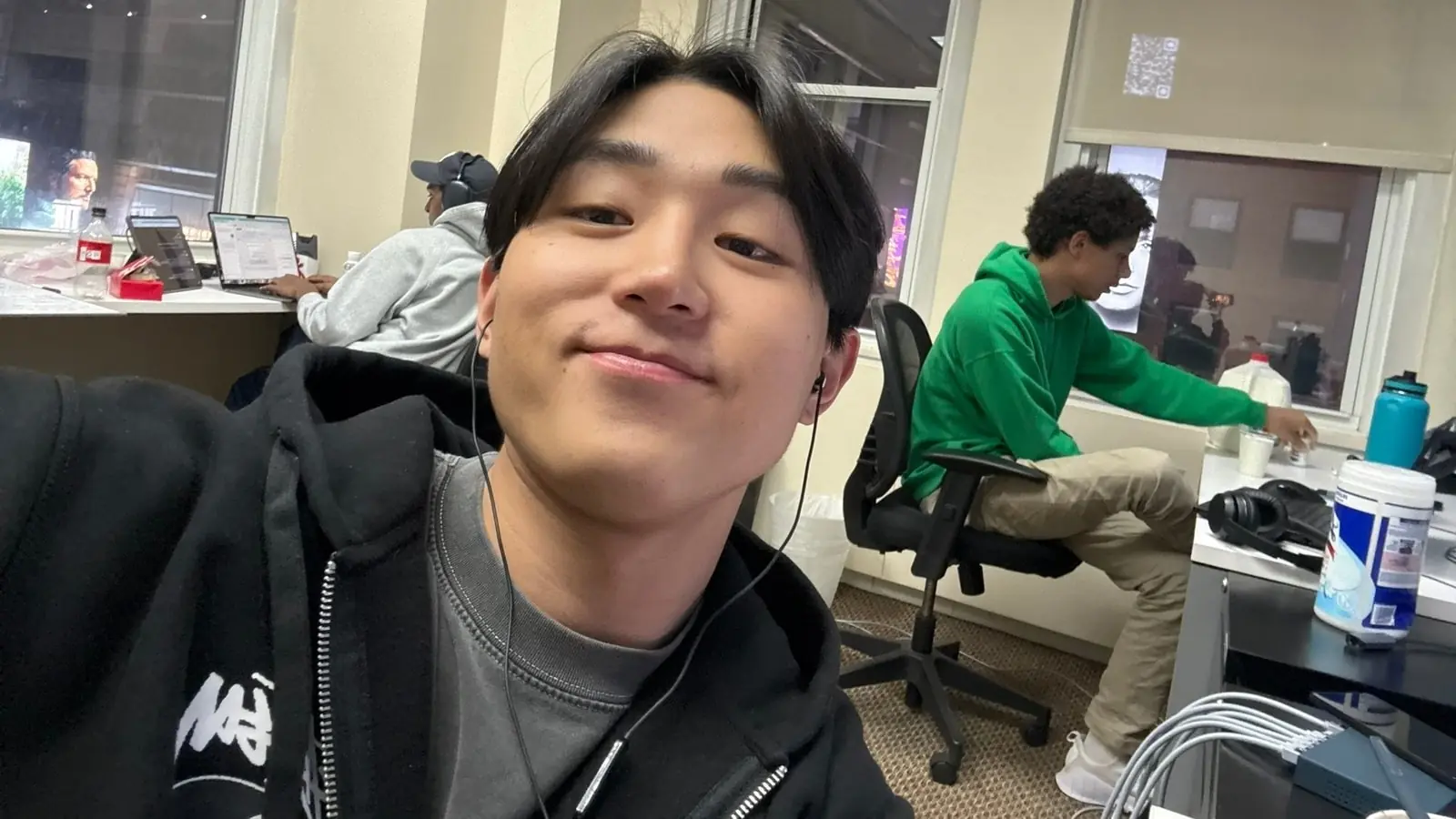After years of frustration and emotional turmoil, Oleg finds himself facing a harsh reality: the woman he once loved has moved on, flourishing without him. When they unexpectedly cross paths again, Oleg is confronted with the woman he never expected to se

Oleg slammed the refrigerator door with such force that everything inside shook. One of the magnets decorating the fridge’s surface fell with a dull thud.
Lena stood across from him, pale and with clenched fists.
“Well, do you feel better now?” she exhaled sharply, lifting her chin defiantly.
“You’re driving me mad,” Oleg’s voice cracked, even though he tried his best to speak quietly. “What kind of life is this? No joy, no future.”
“So now it's my fault again?” Lena laughed, but the laughter was bitter. “Not everything can be like your perfect dream.”
Oleg opened his mouth to respond, but instead just waved his hand dismissively. He grabbed a bottle of water, took a swig directly from it, and placed it on the table.
“Oleg, don’t stay silent,” Lena’s voice trembled. “Tell me, what’s really going on?”
“What’s there to say?” he grumbled. “You wouldn’t understand. I’m just so tired of all this. To hell with it!”
They stood in silence for a few moments. Finally, Lena took a deep breath and went into the bathroom. Oleg slumped onto the couch. Behind the door, he could hear the sound of running water. Lena had probably turned on the tap to mask her tears. But Oleg realized, he no longer cared.
Oleg and Lena had been married for three years. They lived in the apartment Lena had inherited from her parents when they retired to their countryside home. The apartment was spacious, but simply decorated with old furniture from the Soviet era.
At first, Oleg had been content. The apartment was in a decent neighborhood, close to work. But after six months, the monotony of everyday life began to wear on him. Lena found comfort in her family’s old home with its familiar brown wallpaper and grandmother’s sideboard. Oleg, however, began to find it all too dull.
“Lena, explain this to me,” he would say repeatedly. “Don’t you want to change this ugly yellow linoleum or the wallpaper? Why not make everything modern, stylish?”
“Oleg, we don’t have extra money for a full renovation,” she’d reply softly. “Of course, I’d like to change everything, but let’s wait for a bonus or save up.”
“Wait?! That’s your whole life—waiting, enduring.”
Oleg often thought back to when he first met Lena. She was a modest student, but her blue eyes and gentle smile had captivated him. He used to tell his friends, “She’s like a flower bud—just wait, and she’ll bloom into something amazing.” Now, he felt disappointed. “She didn’t bloom; she withered,” he thought, watching Lena dusting her mother’s delicate vases, feeding a stray kitten, or adjusting old family photos on the walls.
But Lena didn’t see herself as a “grey mouse”; she simply lived her life the way she thought was right. She found joy in small things— a new napkin, a quiet evening with a book, a cup of tea with mint, or the soft glow of a desk lamp. Oleg saw stagnation in these moments.
Despite his constant complaints, he didn’t want a divorce. Deep down, he feared he would have to leave the comfortable apartment and move back in with his parents, with whom he had always had a strained relationship. Besides, his mother, Tamara Ilyinichna, always sided with her daughter-in-law in any dispute.
“Son, you’re wrong,” she would say. “Lena is a wonderful girl, smart. You live in her apartment, so just be happy.”
“Mom, how would you know?” Oleg would grumble. “What do you understand about life? You’re stuck in your own old ways, just like Lena.”
Tamara Ilyinichna would sigh, resigned: her son had long drifted away. His father, Igor Sergeyevich, knew Oleg well and would just say:
“Let him figure it out, Tamara, don’t interfere.”
But still, Oleg’s frustration grew. “Lena is like a shadow, just a grey mouse, and she’s tied me down to this apartment,” he would think. And in another argument, he shouted:
“I once saw a beautiful flower in you! What happened? I live with a frozen bud…”
Then, for the first time in months, Lena cried.
On that hot day, the conversation turned serious. For the first time, they discussed divorce. Oleg stood by the window, staring out at the neighbors in the opposite building.
“Lena, I’m tired,” he said softly, still looking out the window.
“Tired… of what?” she asked, trying to stay calm.
“Of this life. Of all these endless quarrels. You’re stuck in your pots and napkins. Do you think I want to waste my years like this?”
Lena stood silent for a moment, then grabbed a trash bag and headed toward the hallway. Oleg heard the door slam. He thought she’d return soon, maybe to explain, but Lena was gone for nearly half an hour before coming back more composed.
“You know,” she said, leaning against the wall, “maybe you really need to be alone. Move out.”
“No way,” Oleg replied sharply, almost defensively. “I’m not leaving my home.”
“Oleg, this isn’t your home. It’s my parents’ apartment,” Lena said bitterly, smiling through clenched teeth. “Let’s face it, we’re not making it. It’s time to admit it.”
Oleg found no response. He retreated to the room and sat down at his laptop. But the question lingered in his mind: “Where will I go? To my parents’? Our relationship has already deteriorated.” The argument hung in the air, repeating over trivial matters, but at the heart of it was the same issue—his indifference toward the wife he considered a “grey mouse,” mixed with the fear of being homeless.
Oleg finally reached his breaking point and filed for divorce. “I decide, not her,” he muttered stubbornly. “After all, I have my parents, I have somewhere to go.” He packed his things and moved to his parents’ house, though without much enthusiasm. Lena agreed to the divorce calmly.
Applications were filed at the registry office, and soon, they were no longer husband and wife.
Three years passed. Oleg lived with his parents during that time. At first, he thought, “I’ll rest for a couple of months, then get back to life: rent an apartment, find a new girlfriend who shares my ideals.” But he became stuck, like wading through mud. With work, there was only enough money for basic needs. Prospects didn’t materialize. His parents, frustrated, reminded him constantly that he was over thirty and still living with them.
Then, one cold spring evening, Oleg was walking home after meeting a friend. He passed a small cozy cafe, the warm glow from the windows inviting him in. Deciding to stop and warm up, he froze when he saw her—Lena, standing at the entrance. This wasn’t the same woman he had left behind three years ago. She stood tall, her posture confident, her hair neat, dressed elegantly yet simply, with calm self-assurance. In her hand were car keys that looked expensive.
“Wow…” Oleg thought, before he even realized he had approached her.
“Lena?” he called out.
She turned, a slow smile spreading across her face as she recognized him. Oleg noticed that it wasn’t the hesitant smile from the past—it was a calm, genuine smile.
“Hi, Oleg,” she said warmly. “Good to see you. How are you?”
“Fine…” he adjusted his scarf, feeling a wave of discomfort. “You look good.”
“Let’s just say, I’m living the way I’ve always dreamed,” Lena replied, her voice free of any pretense.
“Really…” Oleg swallowed, a feeling of jealousy welling up inside him. “So, are you still working there?”
“No, I changed fields. I opened my own flower studio,” she said with a small smile. “I was nervous at first, but… I found someone who supported me.”
“Who’s that?” the words slipped out before he could stop them.
Before Lena could answer, a tall man appeared from the cafe, walking up to her and placing his arm around her shoulders.
“Darling, a table just opened. Shall we?”
Lena turned to Oleg, introducing the man.
“This is Vadim. Vadim, meet Oleg,” she smiled at Vadim, clearly fond of him. “Oleg, it was nice seeing you. I hope things are well with you.”
Oleg nodded, feeling a whirlwind of emotions. Looking at Vadim, he suddenly realized: Lena wasn’t the “grey mouse” he had once thought. She had bloomed, but not with him—she had blossomed with someone else.
“Lena…” he wanted to apologize, but the words wouldn’t come. “I’m happy for you, really.”
“Thank you, Oleg,” she said quietly but confidently. “Take care.”
Vadim nodded at Oleg, offering a polite smile before they disappeared inside the cafe. Oleg stood still, feeling a sharp breeze cut through him. He closed his eyes for a moment, recalling how he had once cruelly called Lena a “frozen bud.” Now, that bud had blossomed, and he was left out in the cold, both literally and figuratively.
Through the cafe’s large windows, he saw Lena and Vadim laughing and talking, their gestures full of ease. Oleg realized, in that moment, that his evening—and perhaps his entire life—had changed. He had once been someone who could have encouraged Lena, supported her dreams. But instead, he had chosen to tear her down.
With his head lowered, Oleg walked away. If he could see himself now, he would understand: his envy, his regret, and the painful realization that he had let go of a chance at true happiness.


